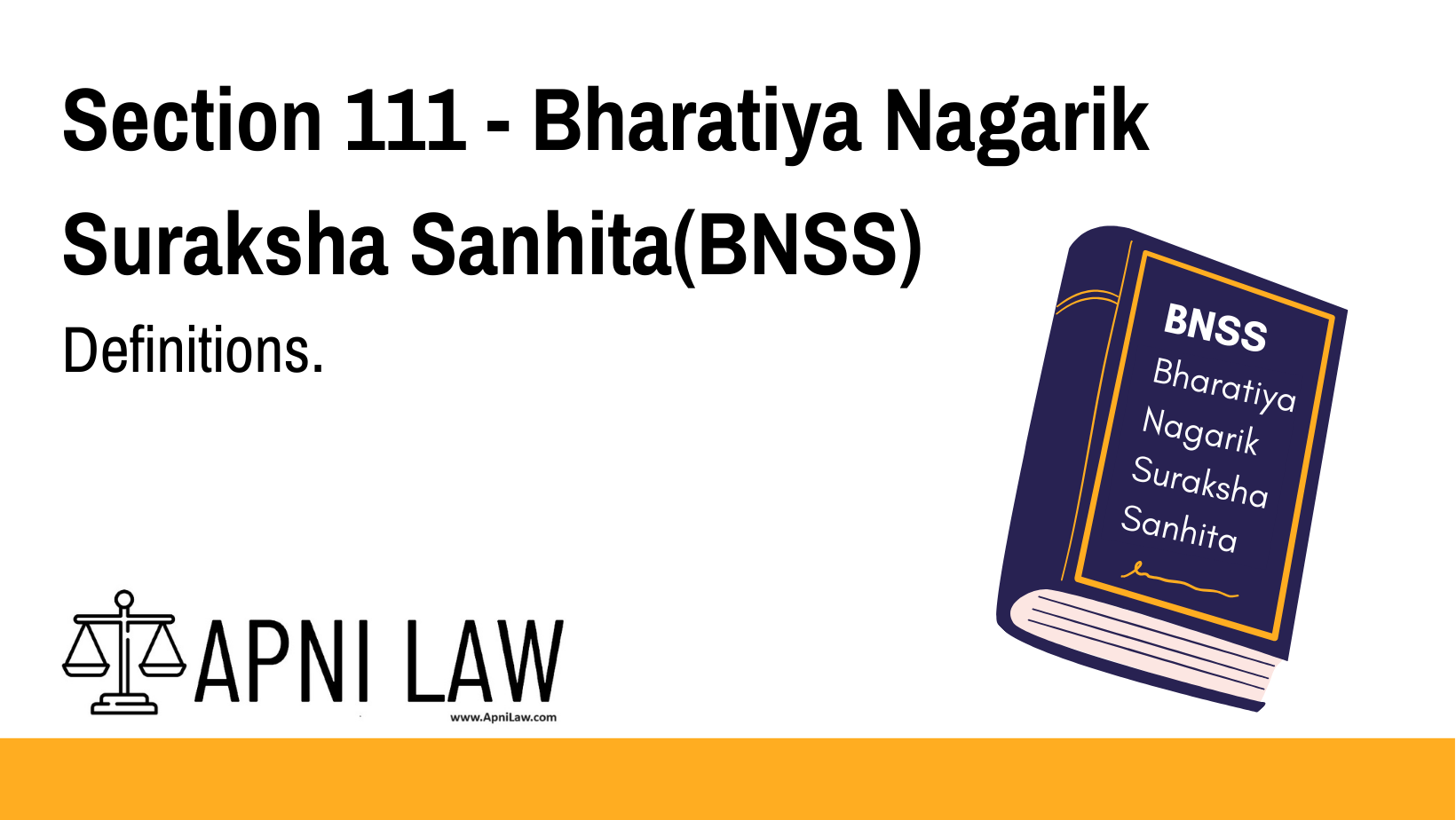Code:
In this Chapter, unless the context otherwise requires,—
(a) “contracting State” means any country or place outside India in respect of
which arrangements have been made by the Central Government with the Government
of such country through a treaty or otherwise;
(b) “identifying” includes establishment of a proof that the property was derived
from, or used in, the commission of an offence;
(c) “proceeds of crime” means any property derived or obtained directly or
indirectly, by any person as a result of criminal activity (including crime involving
currency transfers) or the value of any such property;
(d) “property” means property and assets of every description whether corporeal
or incorporeal, movable or immovable, tangible or intangible and deeds and instruments
evidencing title to, or interest in, such property or assets derived or used in the
commission of an offence and includes property obtained through proceeds of crime;
(e) “tracing” means determining the nature, source, disposition, movement,
title or ownership of property.
Explanation:
This section defines several key terms used in the context of proceeds of crime, ensuring clarity and consistency in the application of the law.
- Contracting State: A country or territory outside India with which the Indian government has agreements for cooperation in legal matters, including extradition and asset recovery.
- Identifying: Establishing proof that a specific property was obtained as a result of or used in the commission of an offense.
- Proceeds of Crime: Any asset or property, whether directly or indirectly obtained as a result of criminal activity, including crimes involving money laundering and financial crimes.
- Property: A broad definition encompassing various forms of property, both tangible and intangible, which are either used in or acquired through criminal activities. This includes deeds and documents representing ownership or interest in such properties.
- Tracing: The process of establishing the origins, movement, ownership, and nature of specific property, including its possible connection to criminal activities.
Illustration:
Imagine a person is arrested for drug trafficking and is found to have purchased a luxury car. This is with funds derived from the sale of illegal drugs. In this scenario:
- The car is considered “property” under BNSS Section 111.
- The process of establishing that the car was purchased using money from drug sales would be considered “identifying” the property.
- The car is also considered “proceeds of crime” as it was directly obtained through illegal activities.
- Investigating the car’s purchase history and tracing the funds used to acquire it would be considered “tracing” the property.
Common Questions & Answers:
Q: What is the significance of the term “contracting state” in this context?
A: It signifies that India has established legal cooperation mechanisms with these states. Thus, facilitating the recovery of assets and prosecution of offenders involved in cross-border criminal activities.
Q: How does the definition of “identifying” differ from “tracing”?
A: “Identifying” focuses on establishing a link between the property and the offense. While “tracing” involves a deeper investigation into the origin and movement of the property. This is to establish the connection to criminal activities.
Q: What types of property are covered under this section?
A: This section covers a wide range of properties, including assets like bank accounts, real estate, vehicles, valuables. It also includes intellectual property rights, if they were obtained through criminal activities.








